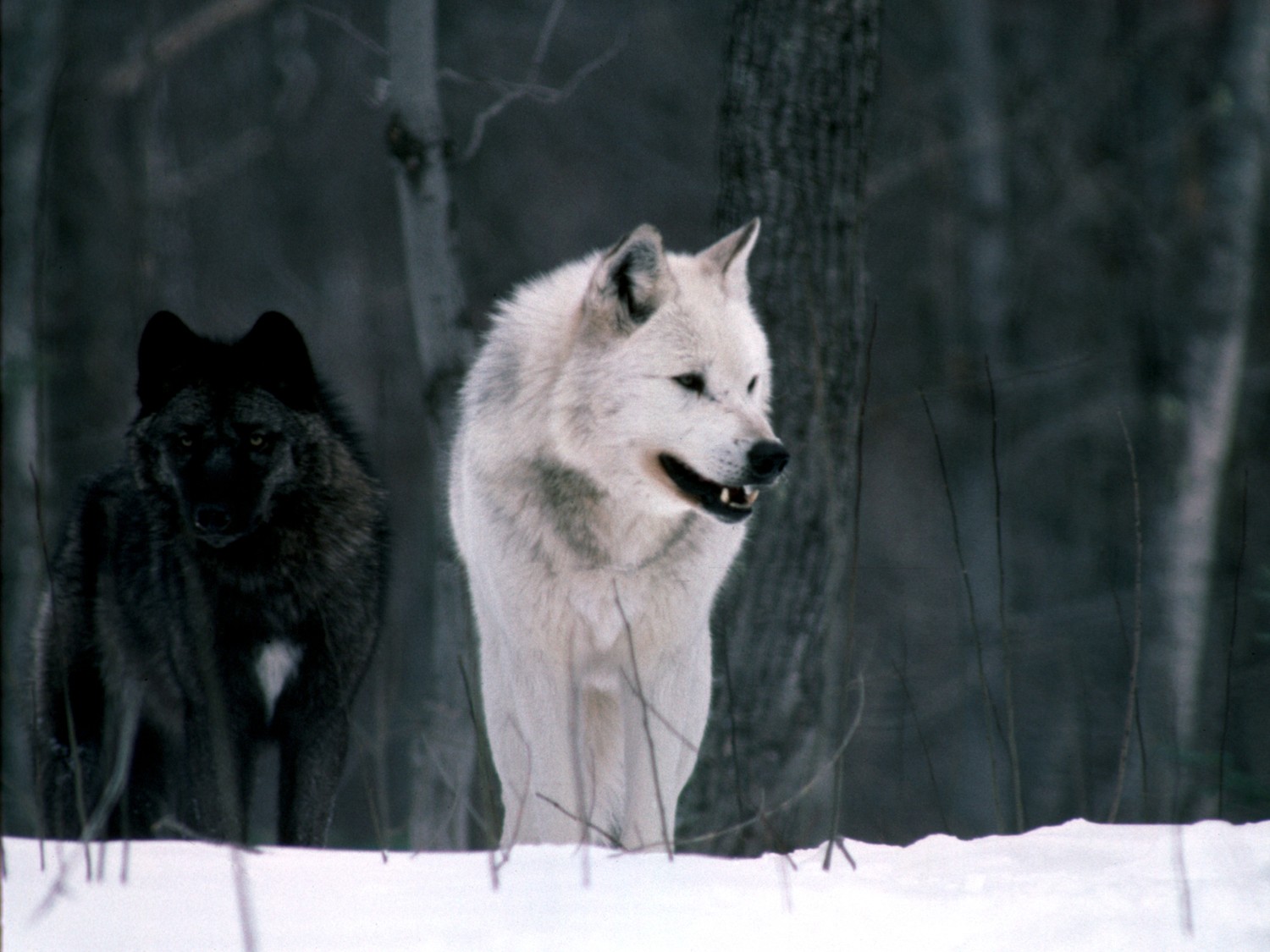Proposed legislation would strip protections and ban court challenges
Photos courtesy of Michigan DNR
Michigan’s gray wolves are back in the political spotlight.
A new bill in Congress—H.R. 845, the Pet and Livestock Protection Act of 2025—would remove federal protections for gray wolves across the lower 48 states. It wouldn’t stop there: the bill also aims to block any court from reviewing that decision, essentially locking it in for good.
If it passes, the fate of gray wolves in Michigan would shift squarely into the hands of the state.
Wolves and Michigan: A Complicated History
Wolves were nearly wiped out in Michigan by the mid-1900s. But after years of federal protection, they’ve made a remarkable comeback—especially in the Upper Peninsula. From the winter 2024 wolf population survey, 762 wolves now roam the U.P., a number that’s held steady for more than a decade.
That stability is part of what’s fueling the current debate. Supporters of H.R. 845 argue that wolves have recovered enough to no longer need federal oversight, although wolves are still present in only a fraction of their historic range nationwide—around 10%, according to the Endangered Species Coalition.
Supporters of H.R. 845 say local wildlife officials—like Michigan’s Department of Natural Resources (MDNR)—should manage the population and respond to conflicts with livestock or humans.
Critics, however, see a red flag.
“This is about more than just delisting,” said one conservation advocate. “It’s about removing the public’s ability to challenge questionable decisions. That’s a dangerous precedent.”

Where Michigan’s DNR Stands
In an article about how MDNR is using AI to help count Michigan’s wolf population, Deputy Public Information Officer John Pepin states, “The ability to generate accurate information on wolf status and abundance in Michigan is important to ongoing hopes of removing gray wolves in our state from the federal List of Endangered and Threatened Species as a recovered species.”
He makes the point that delisting gray wolves now considered threatened or endangered species would allow wolf management decisions to be controlled by states and tribal governments, including the MDNR.
“The DNR supports efforts to delist wolves as a recovered species in Michigan,” says Pepin. “The U.S. Fish and Wildlife Service, in a response to court decisions, is working to create a national wolf recovery plan.”
Hunting Season Again?
The biggest immediate question for Michigan: Would the state bring back wolf hunting?
It’s possible. Michigan lawmakers already passed a law in 2016 that sidesteps a 2014 public referendum, which rejected wolf hunting. That means if federal protections disappear, the state could reauthorize a hunt without needing voter approval.
And with some ranchers and U.P. residents calling for population control, a renewed hunting season could come quickly.
No Court, No Challenge
The bill’s most controversial feature may be its ban on judicial review. In short, no matter what the science says—or doesn’t say—about the health of wolf populations, no one could sue to block or revise the decision.
That’s not sitting well with legal experts or wildlife groups, who say the courts serve as a critical check on politics-driven policies.
“This shuts the courthouse doors,” said a statement from the National Parks Conservation Association. “If the science is flawed or ignored, there’s no way to fix it.”
Where the Bill Stands Now
H.R. 845 has cleared the House Natural Resources Committee and is waiting for a full House vote. It was introduced by Reps. Lauren Boebert (R-CO) and Tom Tiffany (R-WI), both of whom argue the ESA has outlived its usefulness in managing wolves.
If the bill becomes law, it could reopen Michigan’s long-standing wolf management debate—and this time, the courts wouldn’t be able to weigh in.
Sources:
- H.R. 845 text and legislative progress: docs.house.gov and congress.gov
- Michigan wolf population history: Michigan DNR
- Conservation and policy context: Endangered Species Coalition, NPCA, NRA-ILA
- Public Act 281 of 2016: Michigan Legislature





 8123 Main St Suite 200 Dexter, MI 48130
8123 Main St Suite 200 Dexter, MI 48130

